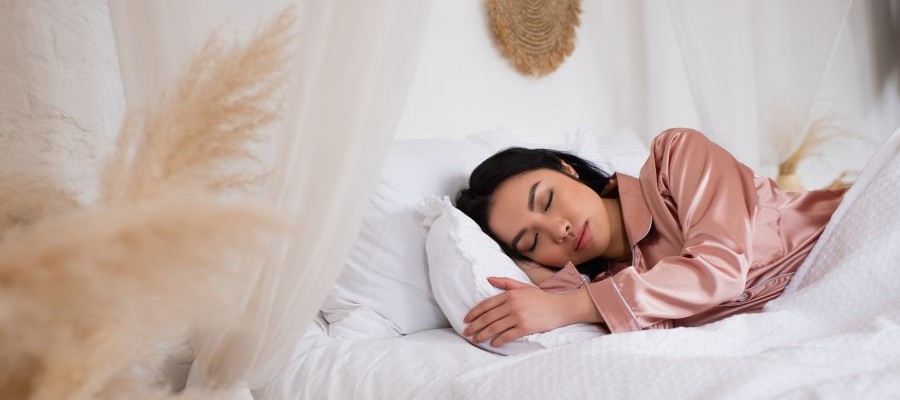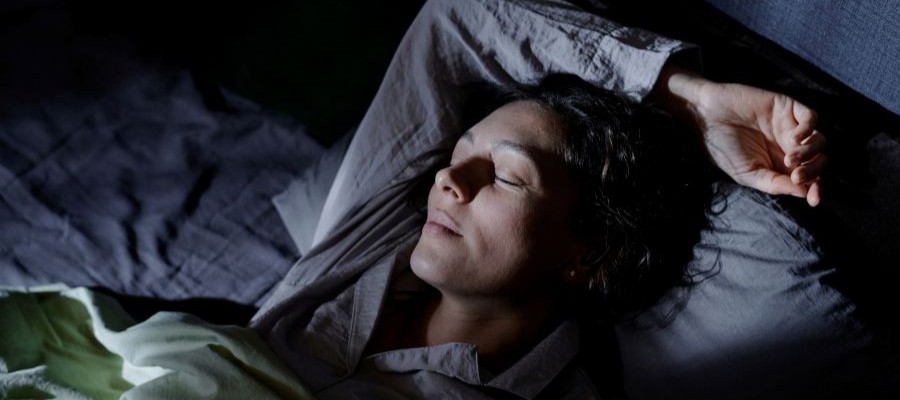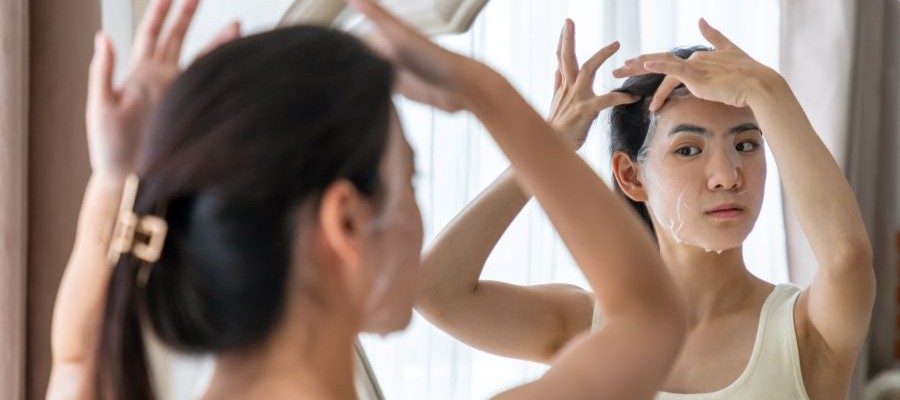The (Real) Truth about “Beauty Sleep”
How Sleep Impacts Your Skin: What You Need to Know
They don’t call it “beauty sleep” for nothing. Sleep is one of the most essential — and overlooked — elements in achieving glowing, youthful skin. While expensive serums and 12-step skincare routines get the spotlight, consistent, high-quality sleep may do just as much (if not more) for your complexion.
In this article, we explore how sleep impacts the skin, what happens when we don’t get enough, how to improve sleep for skin health, and what kind of nighttime skincare routine helps maximize overnight rejuvenation.

The Skin Benefits of Quality Sleep
When you sleep, your body goes into repair mode — and your skin, the body’s largest organ, benefits tremendously. During deep sleep stages, growth hormone is released, which stimulates collagen production and skin cell turnover. This process is crucial for reducing fine lines, improving skin elasticity, and healing damage from sun and pollution.
A study published in Clinical and Experimental Dermatology (2015) found that people who slept 7–9 hours had better skin barrier function, more hydrated skin, and fewer signs of aging. Another study confirmed that sleep improves blood flow to the skin, resulting in a more even tone and healthier appearance.
Key Benefits:
- Increased collagen production
- Enhanced hydration and elasticity
- Brighter, more even skin tone
- Faster wound healing and inflammation reduction

What Happens to Skin When You Don’t Get Enough Sleep
Lack of sleep doesn’t just make you feel groggy — it also makes your skin look dull, tired, and aged. Sleep deprivation increases cortisol (a stress hormone), which breaks down collagen and leads to inflammation, redness, and breakouts.
A study published in SLEEP showed that sleep deprived participants experienced more visible dark circles, puffiness, more wrinkles and fine lines. Similarly, a report in Sleep Medicine linked poor sleep to impaired skin barrier function and moisture loss.
Sleep-Deprived Skin Issues:
- Under-eye bags and dark circles
- Dry, irritated skin
- Increased breakouts and oiliness
- Accelerated aging and fine lines
Read also: How to Fall Asleep Faster – 6 Easy Tips Back by Science

How to Improve Sleep for Healthier Skin
To get the most beauty-boosting effects, aim for 7 to 9 hours of quality sleep aligned with your natural circadian rhythm.
Create a wind-down routine: limit screen time before bed, keep your room cool and dark, and avoid caffeine or sugar late in the day. Your body loves consistency, so go to bed and wake up at the same time daily.
Nutritionally, eat magnesium-rich foods (e.g., almonds, spinach, pumpkin seeds), and consider natural sleep aids like tart cherry juice or chamomile tea.
Tips for Better Sleep & Skin:
- Keep a consistent sleep schedule
- Avoid blue light before bed
- Maintain a cool, dark, quiet bedroom
- Eat sleep-supporting foods
Helpful resources include Matthew Walker’s book Why We Sleep and articles discussing the role of nutrition in sleep quality.
Read also: What to Eat for a Good Night’s Sleep

Nighttime Skincare for Optimal Overnight Results
Your skin absorbs skincare products more effectively at night due to increased permeability and blood flow. This is the ideal time for targeted treatments with retinol, niacinamide, hyaluronic acid, and peptides.
Always start with a thorough cleanse to remove makeup, pollutants, and sweat. Follow with a hydrating toner, a serum for your specific concern, and a good moisturizer to lock everything in. Overnight masks or facial oils are great additions if your skin is dry or dehydrated.

Nighttime skincare improves hydration and wrinkle reduction over time. Ceramide and peptide-rich products are especially beneficial for restoring the skin barrier while you sleep.
Recommended Night Routine:
- Cleanser
- Toner
- Serum (hydrating or anti-aging, like this one from Estée Lauder)
- Moisturizer
- Optional: Overnight mask or oil

Read also: What is a nappuccino?
Final Thoughts: Sleep Is the Ultimate Skincare Step
No serum can outperform the power of quality sleep. Sleep is when your skin repairs, regenerates, and revives itself — making it your body’s most important anti-aging mechanism. Combine a regular sleep schedule with a smart nighttime skincare routine, and you’ll see a healthier, more radiant complexion without breaking the bank.


